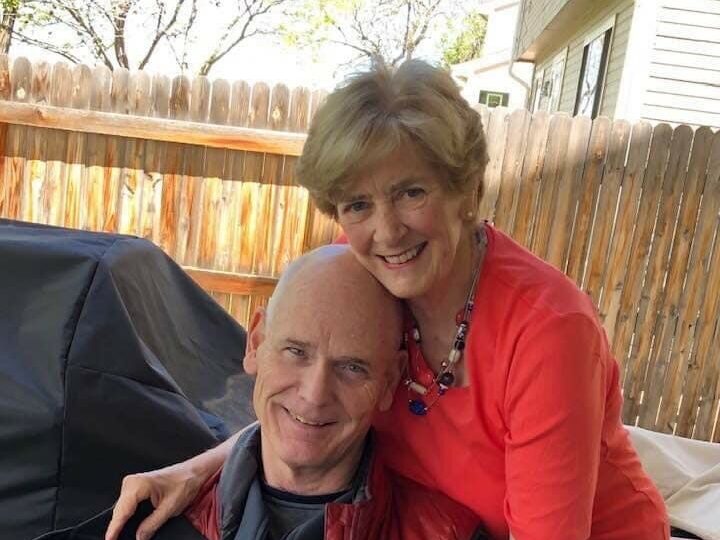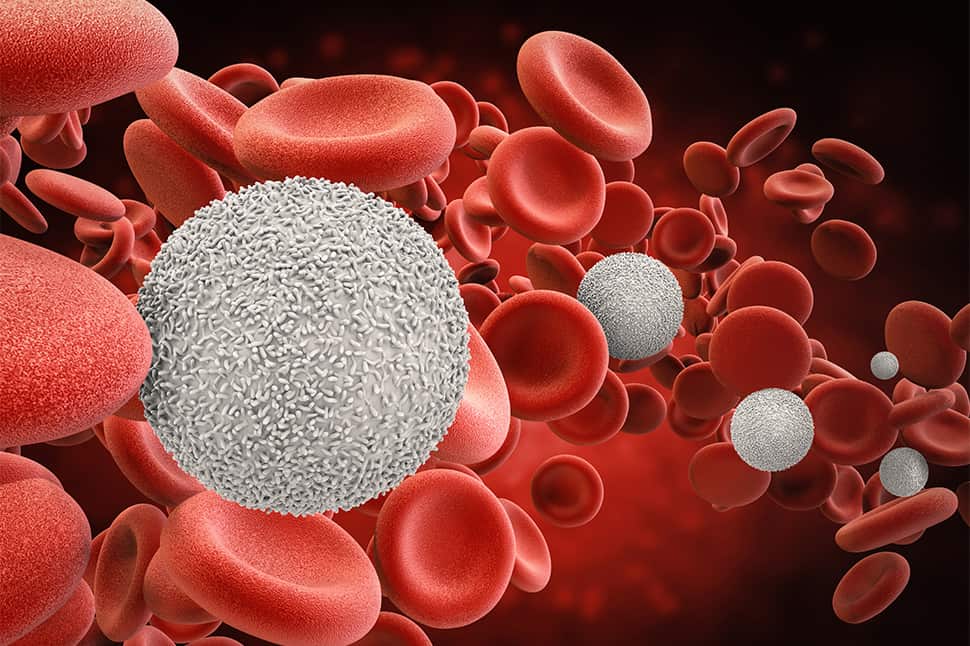Leukemia Research & Clinical Trials
In recent years clinical research has created steady advancement in the treatment of leukemia thanks to patients who are willing to participate in trials that prove the safety and effectiveness of these new and better treatments.
Our hematologic oncologists continue to actively participate in multiple clinical trials that focus on the genomics of leukemia and how to tell the immune system to respond against blood cancer cells.
Why are Leukemia Clinical Trials and Research Programs Important?
For decades the standard treatments for leukemia in adults included chemotherapy, radiation therapy, stem cell transplantation, and combinations of these. With the advancement of immunotherapy, new technologies have been introduced through clinical trials that changed how leukemia is treated, making it easier to survive leukemia than ever before.
However, not every form of leukemia has achieved a high survival rate. Cancer researchers, including those right here at RMCC locations throughout Colorado, are working on finding treatments for these types that are harder to treat as well as find different ways to make leukemia treatment less toxic.
Related Reading

Miracle Patient Shares What's Getting Her Through Leukemia Treatment

New Treatments Bring Hope to Blood Cancer Patients
Clinical Trials by Type of Leukemia
Choose the type of Leukemia to learn more about the ongoing clinical trials.
Acute Lymphoblastic Leukemia (ALL)
Combination Therapies
Combining targeted therapies with the more intensive chemotherapy drugs may provide favorable results with lesser side effects. Clinical trials are now focused on testing the effectiveness of combination therapies in treating B-Cell ALL.
Chimeric Antigen Receptor (CAR) T-cell Therapy
This revolutionary immunotherapy is an approved treatment for young adults with leukemia. Scientists are now exploring the possibility of replacing stem-cell transplantation with CAR T-cell therapy in older and weaker adults diagnosed with B-cell ALL.
Targeted Therapies for ALL
About one-quarter of ALL patients have an abnormal chromosome, called the Philadelphia chromosome, that creates a protein which makes the cancer cells grow. Targeted therapy drugs have been developed, and are still being researched to target this protein so that cancer cell growth slows down.
Acute Myeloid Leukemia (AML)
AML is an aggressive form of leukemia. It is also harder to treat than ALL. AML is best treated with targeted therapy drugs that can inhibit the activity of specific proteins that cause cancer to grow.
Newer Drugs Under Research for Adults with Leukemia
Researchers are looking for newer AML drugs that can improve targeted therapy treatments and chemotherapy treatments. For example, a clinical trial is currently testing the addition of a new drug called Uproleselan to chemotherapy. The drug protects the benign cells from damage during chemotherapy. Some drugs are being studied for their impact on MDS (myelodysplastic syndrome), which ultimately develops into AML.
PET Scan to Replace Bone-Marrow Biopsy
A clinical trial to check if a PET (Positron Emission Tomography) scan can replace the more invasive bone marrow biopsy is underway. If proven effective, the PET scan will detect response to a treatment at a much earlier stage than a biopsy would.
Chronic Lymphocytic Leukemia (CLL)
Targeted therapy has become the first line of treatment for many CLL patients in recent years. Recent clinical trials proved the effectiveness of the combination Ibrutinib and another targeted therapy in treating CLL. As a result of this research, another study is underway to determine the impact of Ibrutinib for a shorter period of time. The aim is to avoid the cost and side-effects of long-term treatment. The effectiveness of CAR T-cell therapy during the early stages of CLL is being tested.
Chronic Myelogenous Leukemia (CML)
Patients with this type of leukemia have an abnormal gene called BCR-ABL. This gene isn’t found in healthy cells and creates a protein that causes CML cells to grow. A targeted therapy called a tyrosine kinase inhibitor (TKI) blocks the protein so that the cells aren’t able to reproduce. This is a standard treatment for CML patients that is the result of recent leukemia clinical research.
Relapsed ALL
The CAR T-cell therapy is a type of immunotherapy that has shown promising results in young patients diagnosed with relapsed ALL. However, there are some concerns that researchers are studying deeper. Some of them are:
- Currently, CAR T-cell therapy is used only for leukemia resistant to standard treatment or leukemia that has relapsed.
- Different immunotherapy treatments are combined with CAR T therapy to prevent resistance against standard cancer treatments.
- CAR T therapy is being tested for its effectiveness in treating other forms of leukemia, such as AML.
Find a Leukemia Specialist
Rocky Mountain Cancer Centers is proud to be a part of the clinical research studies producing new and improved therapies for leukemia patients. Learn more about trials that are open in Colorado.
Leukemia Research Trials Available in Colorado
Rocky Mountain Cancer Centers is dedicated to being an integral part of several cancer research programs that are changing how all types of cancer, including leukemia, are treated.
Our team of oncologists and hematologists are involved with blood cancer research and have been instrumental in developing various treatment therapies and diagnostic methods.
Leukemia patients who may be interested in participating in clinical research trials should talk with their RMCC oncologist to find out what may be available to them.